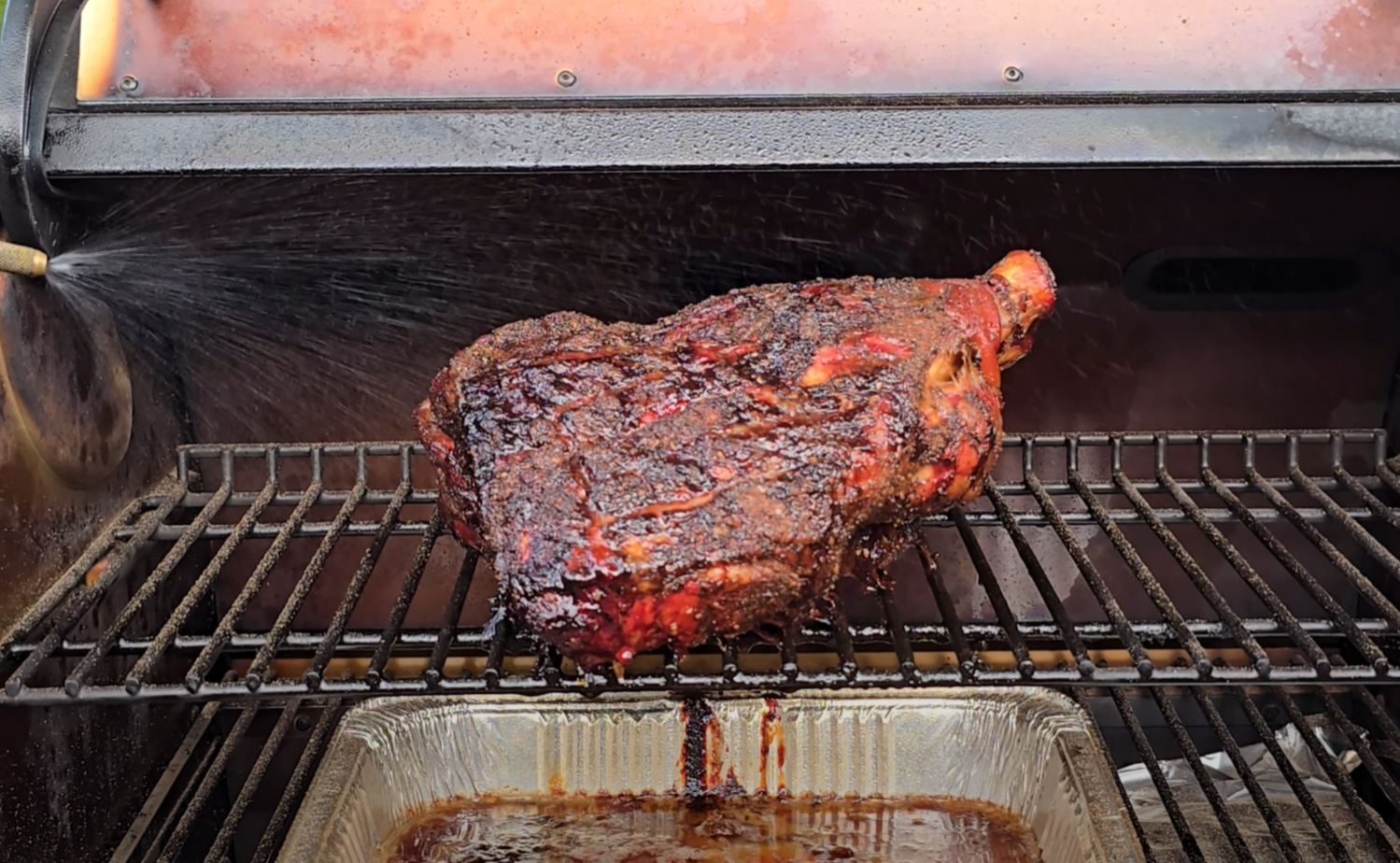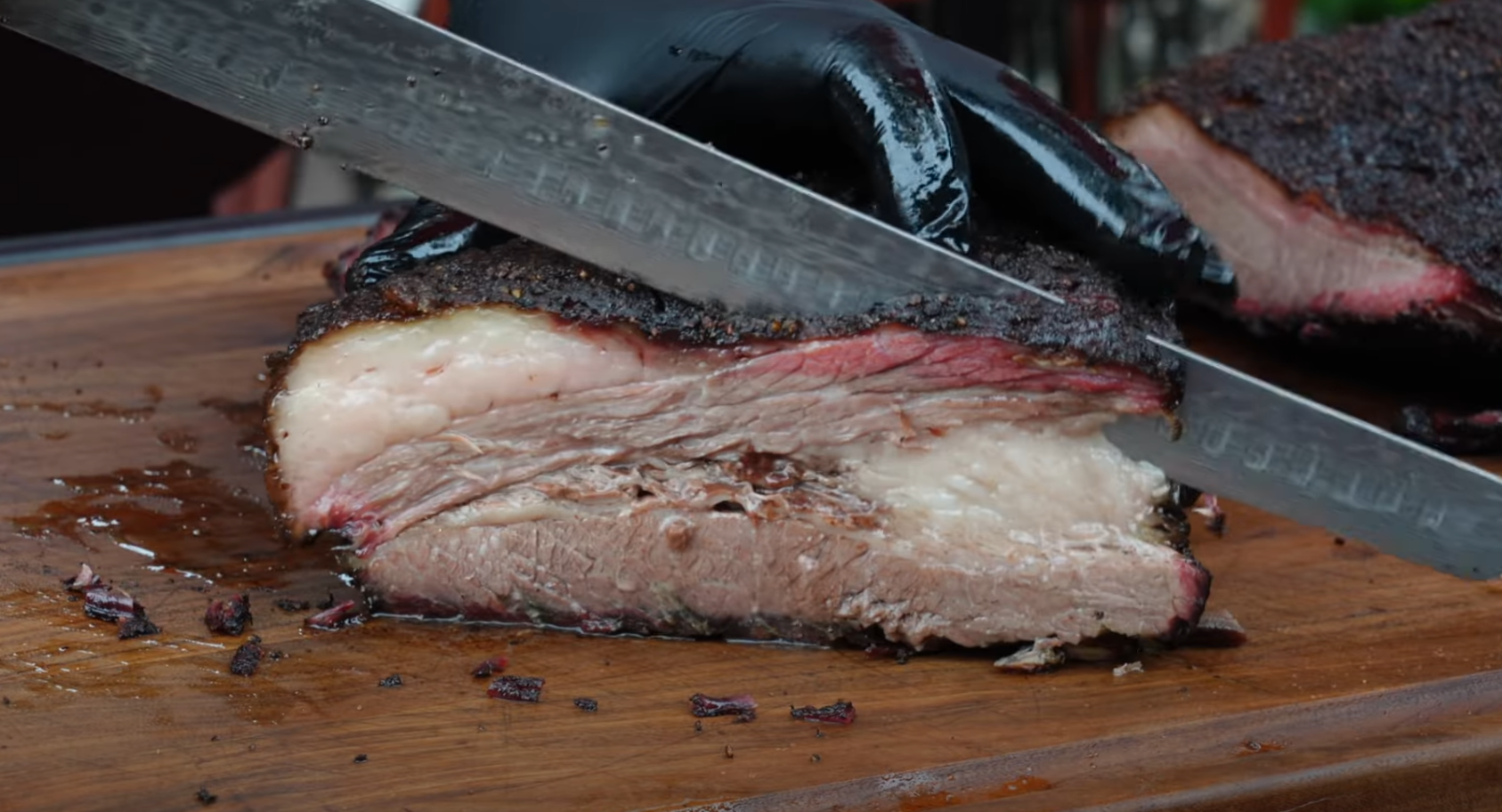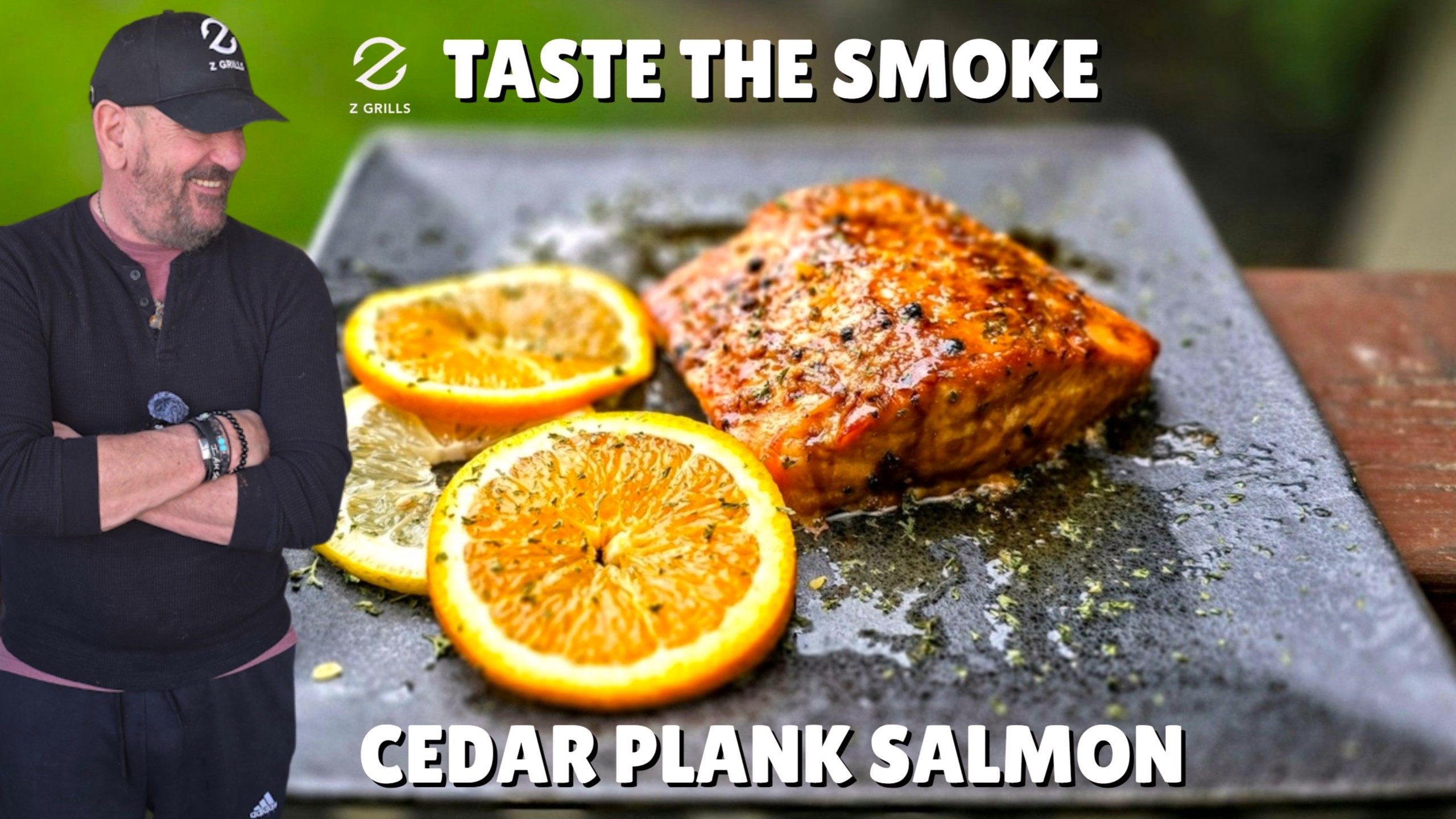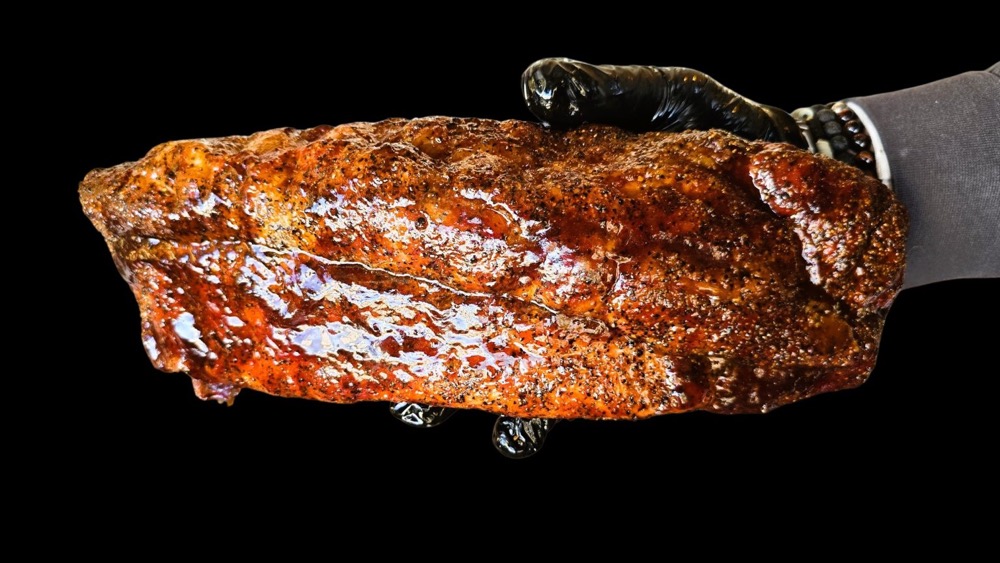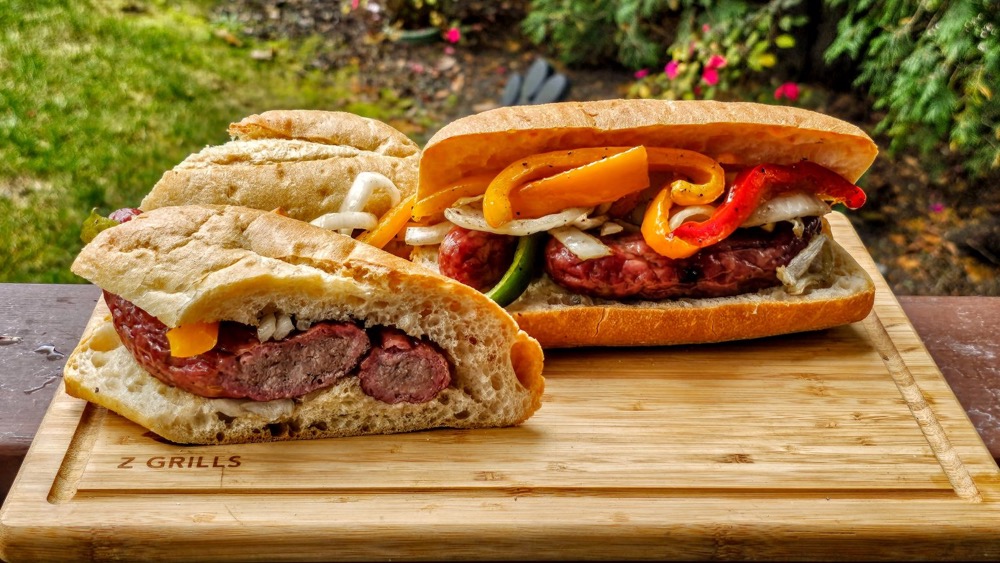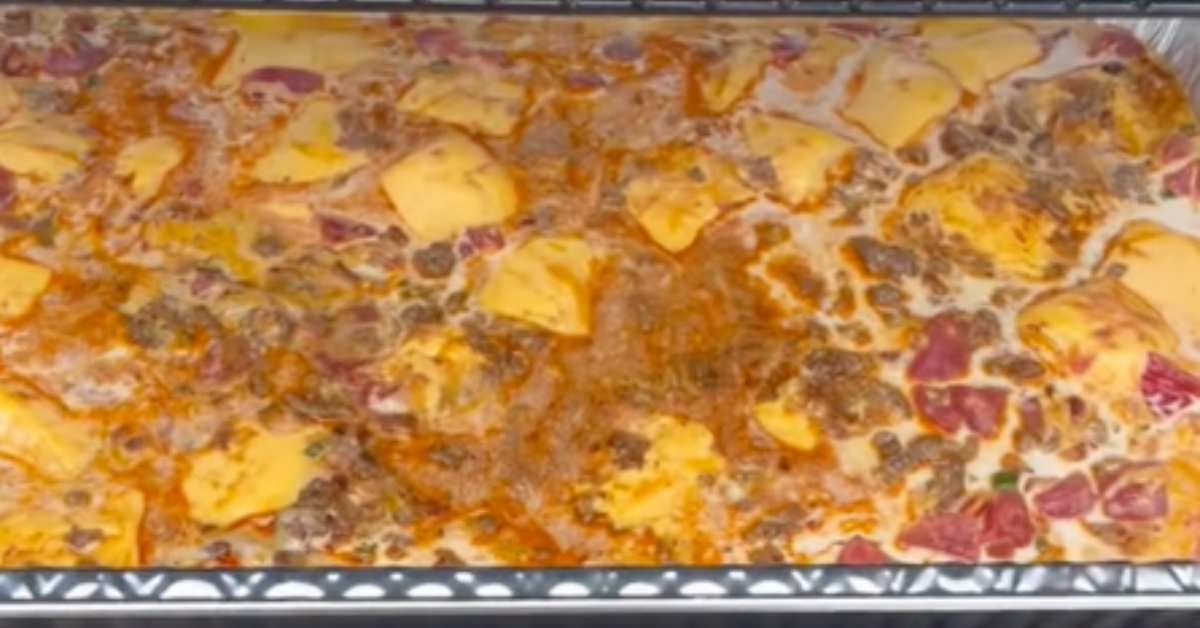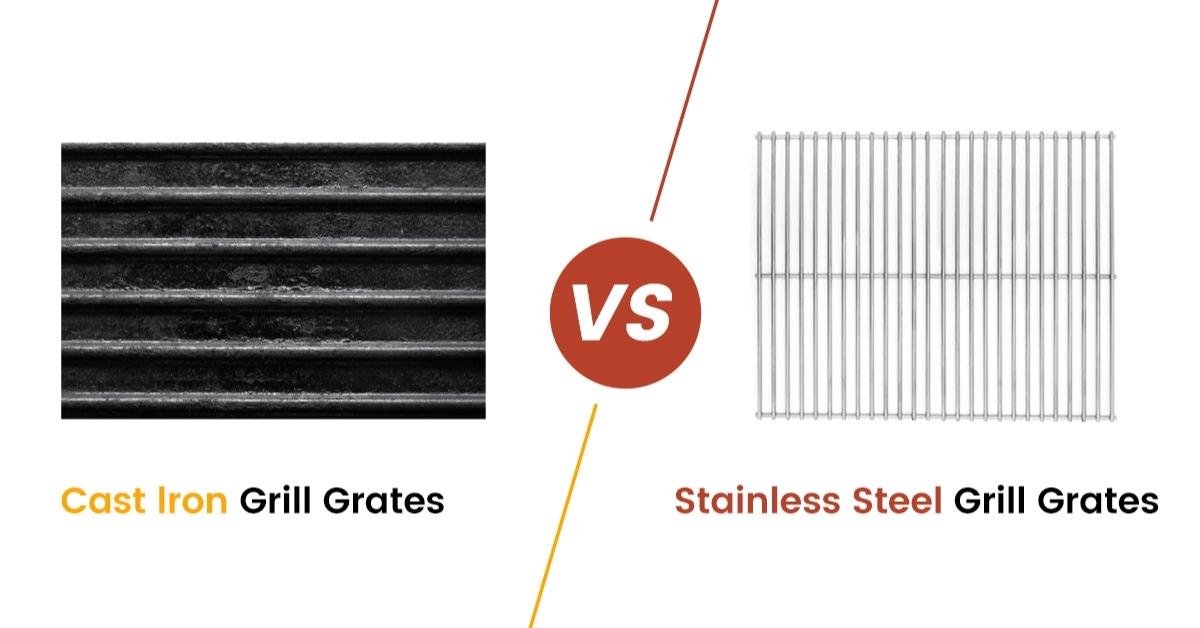
Whether you’re new to grilling or a seasoned pro, there’s always more to learn about the best way to prepare your barbecued food. Some of your fellow grilling enthusiasts may sweat by their stainless steel grilling grate, while others may prefer the effects of cast iron. The choice is yours, but it’s important to know what you’re working with before you make any decisions. Read on here to learn about the best grill grates for you as well as the other essential BBQ accessories you need to make every meal a success.
Table of Contents
What Are Cast Iron Grill Grates?
Cast iron has been used in food preparation for thousands of years. Cast iron grill grates come in two varieties:
- Uncoated cast iron: this black and porous material has a somewhat rough texture
- Coated cast iron:this cast iron is coated with porcelain enamel, giving it a smooth finish
If a cast iron grate hasn’t been coated with enamel, it will remain porous. It will absorb oils from the foods cooked on it, which is a process known as seasoning. The food oils fill the pores, creating a non-stick effect on the cast iron. Cast iron is a popular material for cooking as it doesn’t involve any added chemicals that can get into your food.
What Are Stainless Steel Grill Grates?
Genuine stainless steel grates have a smooth and naturally stick-resistant surface. It also takes longer to corrode than normal steel so lasts much longer.
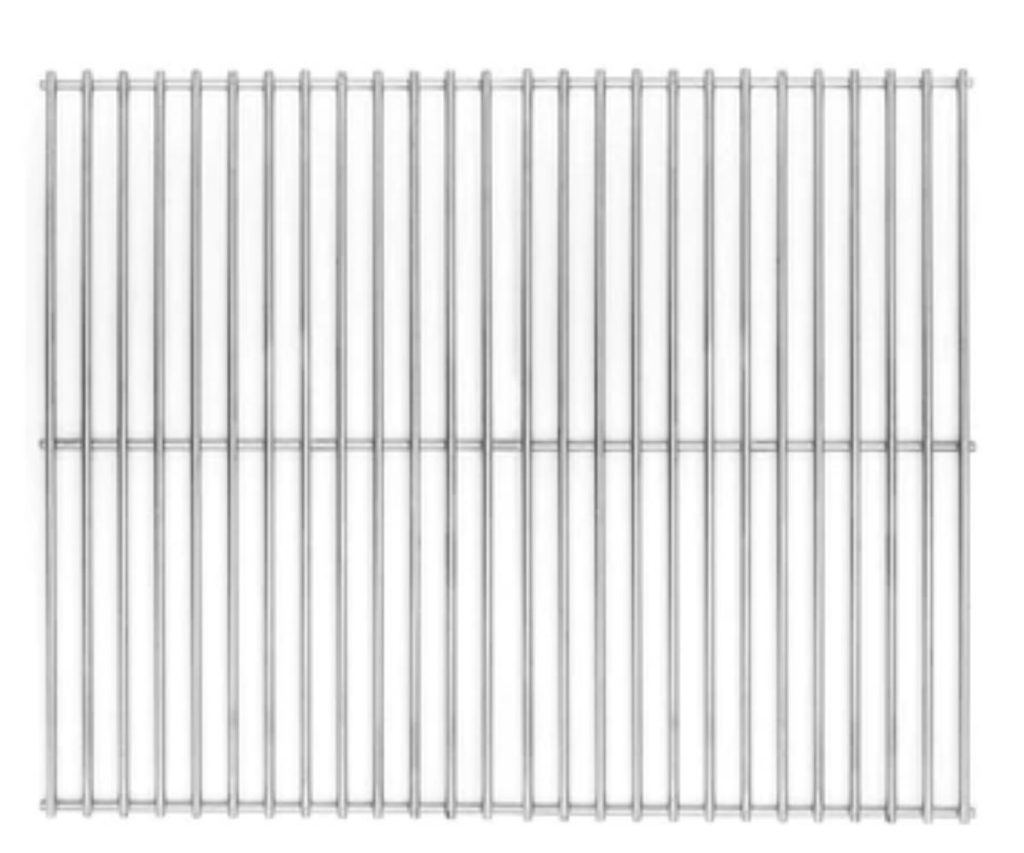
What Are the Pros and Cons of Cast Iron Grilling Grates for Smokers?
Pros
- Cast iron grill grates give you that quintessential grill mark on everything you cook. If you’re passionate about grilling and those satisfying sear lines matter to you, cast iron grates might be the best choice for you.
- Although cast iron can take a while to heat up, its molecular structure means it’s efficient at keeping heat for long periods.
Cons
- They’re extremely heavy and can be cumbersome to handle. If you’re grilling and need to move coal around underneath them, you may need a second pair of hands.
- If your cast iron grate is uncoated, it can rust quickly if exposed to the elements, even if it’s inside your grill.
- They don’t become non-stick the way pans and griddles do. The oil that seeps into the metal’s pores burns off with the high heat. You’ll also likely scrape off any non-stick properties when you brush off food residue.
- They require more effort to clean than many other grilling materials, plus you’ll need to brush and oil your grates while they’re still warm. This means that, rather than enjoying the fruits of your labor, you’re rushing to oil your grates straight after cooking.
What Are the Pros and Cons of Using Stainless Steel Grilling Grates for Smokers?
Pros
- They offer better protection against corrosion and rust because they contain chromium.
- Stainless steel grates are significantly cheaper than cast iron grates as cast iron is more costly to produce and ship. If you’re on a budget, a stainless steel grate might be the best idea for your grill.
- They’re far easier to clean and maintain than cast iron grills, making them ideal if you’re just getting started with grilling.
- Their thin grates allow in more radiant heat so your meat browns evenly rather than developing large wide grill marks. You can still get those grill marks, but your food will cook more evenly.
Cons
- Cheaper stainless steel will need to be replaced fairly often as it isn’t as durable as cast iron. It may cost a little more up-front, but well-made stainless steel is always worth it.
- Sometimes they don’t retain heat as well as cast iron grates.
How to Clean Stainless Steel Grill Grates
No matter what material your grill grates are made out of, it’s best to clean them soon after cooking. To help your grill grates maintain a smooth surface, you want to get rid of any food particles and hot grease. Regular cleaning will also stop oil from building up and causing your food to smoke the next time you cook.
As soon as your meat’s off the grill (while it’s resting to allow those delicious flavors to settle), brush your grates with a grill brush to dislodge any leftover food from the surface. You can then give your grill a more thorough cleaning with our bristle-free cleaning brush. Through this post, you can learn about how to clean grill grates.
How to Choose the Best Type of Grill Grate for Your Grill?
While a cast iron pan may be your favorite choice in the kitchen, cast iron grill grates just don’t give the same level of results. Instead, opt for stainless steel. Our stainless steel grill grate kit perfectly fits our most popular 700 series grills and will help you level up your cooking. These factors must be considered in the choose the type of grill grate for your grill.
Durability and Maintenance
Both stainless steel and cast iron grill grates are durable but require different types of maintenance. Stainless steel is more resistant to rust and corrosion, making it easier to maintain than cast iron. However, stainless steel grates are more prone to scratching, leading to food sticking to the surface. On the other hand, cast iron is more susceptible to rust and requires seasoning to prevent it. However, cast iron grates are known for their ability to hold and distribute heat evenly, which can result in better searing and more flavorful food.
Heat Retention
As mentioned above, cast iron grates are known for their ability to hold and distribute heat evenly. This means they can retain heat for longer periods, making them ideal for searing meats and achieving those coveted grill marks. Stainless steel grates, on the other hand, heat up and cool down more quickly, making them ideal for cooking delicate foods like fish and vegetables.
Price
In terms of price, stainless steel grates are generally less expensive than cast iron. However, this can vary depending on the brand and quality of the grate. Cast iron grates can also last longer than stainless steel grates, making them a more cost-effective option in the long run.
Cooking Surface
Stainless steel grates have a smooth surface, making them easier to clean and maintain. However, this surface can also make achieving a good sear on certain types of foods more difficult. On the other hand, cast iron grates have a rougher surface, which can help create better grill marks and enhance the flavor of your food.
Versatility
Stainless steel grates are more versatile than cast iron grates, as they can be used for a wider range of foods. They are especially useful for cooking delicate foods like fish and vegetables, as they heat up and cool down quickly. Cast iron grates are best suited for searing meats and creating those coveted grill marks.
How to Oil Stainless Steel Grill Grates
Regularly oiling your grill grates is important for optimal taste and performance. With a well-oiled grill, you can flip your food easily, creating that famously delicious-looking cross-hatched grill mark.
Here’s what to do when you need to oil your stainless steel grill grates:
- Brush off any food stuck to the grates from your last cookout
- If your grates are still hot, use a wood scraper, otherwise, wait for them to cool until you can hold them easily
- Rinse your grates with warm, soapy water and wipe them with a dry cloth
- Put your grates back on the grill and turn the heat on low on to dry them (or leave them to air dry if it’s a hot day)
- Once your grill has cooled, coat all surfaces using a paper towel coated with oil
- If you don’t want to use the paper towel method, you can spray or brush cooking oil directly onto a cold grill grate
How to Prevent Food From Sticking to Your Grill Grates
One of the easiest ways to stop food from sticking to your grill grates is simply to keep it clean and oil it after each use. If food gets cooked but sticks to the grates, it burns and ends up becoming lodged in between the grates. If you keep your grill grates clean, you have much less chance of having to scrape charred meat off the grill every few weeks.
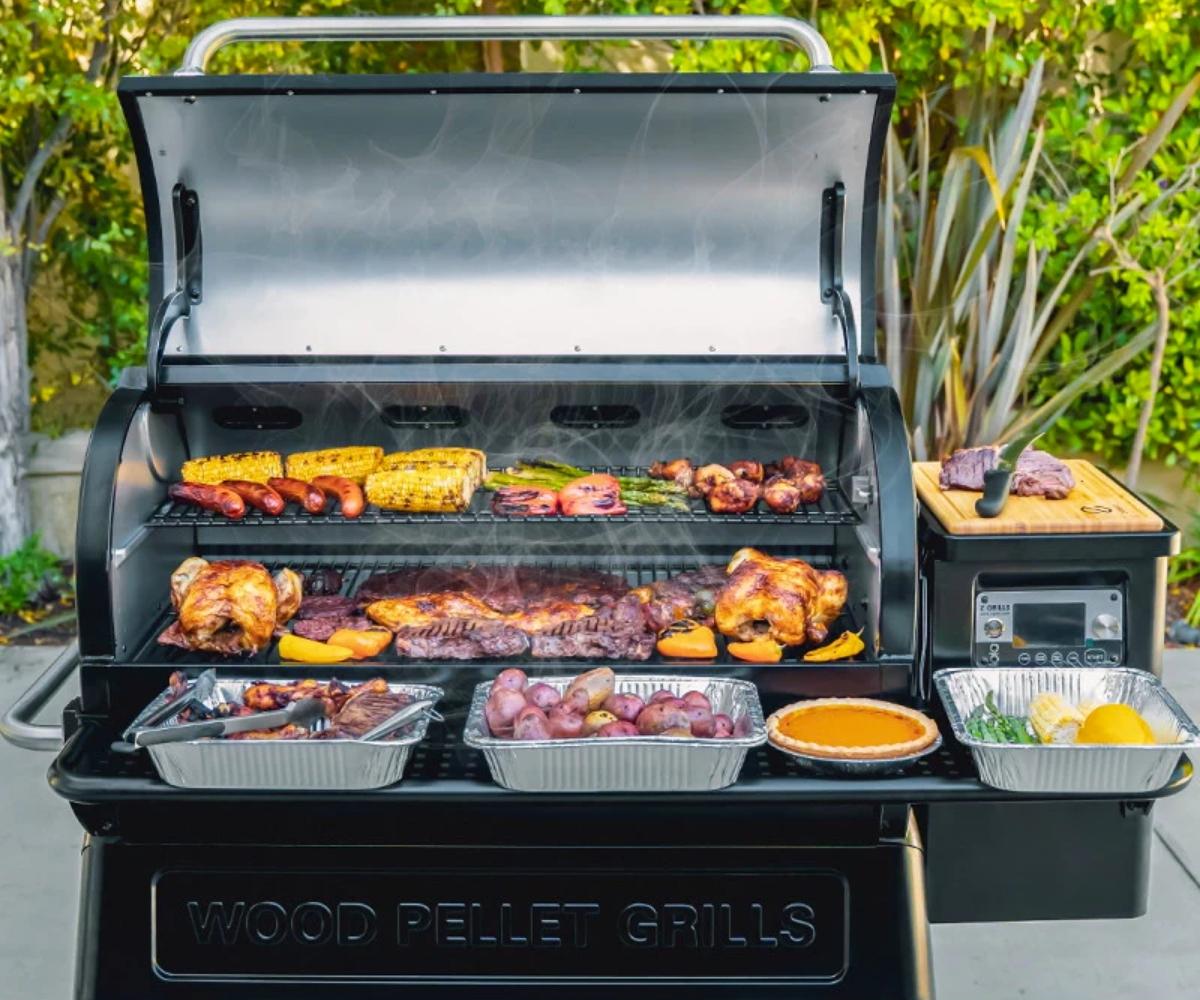
How to Season and Care for Your Stainless Steel Grill Grates
Spread some aluminum foil over your grates while the grill is still warm. This concentrates the heat onto the surface so any food residue will burn off. Once the grill has cooled down, you can take off the foil and scrub your grates using a nylon brush.
For a more occasional deep clean, remove your stainless steel grates from the grill and place them into the kitchen sink. Sprinkle some baking soda over them and drizzle some white vinegar over them. This will begin to foam up, which is when you’ll want to scrape off any stubborn residue with steel wool or a brush. Rise your grate and set it down to dry, then return it to the grill.
No matter how new or experienced you are in grilling, searing, and barbecuing, Z Grills has what you’re looking for. You can find your next best pellet smoker from our range – simply click here to take advantage of our latest offers. Of course, quality BBQ accessories such as our stainless steel grill grates kit, basting brush for grilling, and the rest of our range will help you take your grilling experience to the next level.



